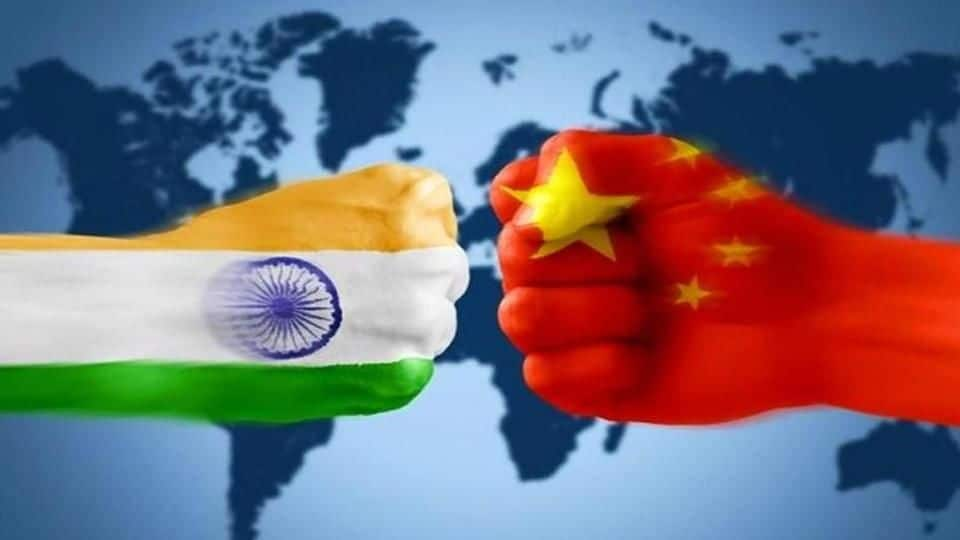
Now, China's PLA accuses Indian troops of being aggressive
What's the story
India and China ended 2017 on a positive note by declaring truce along the Line of Actual Control (LAC) after the special representative (SR) dialogue.
However, it was not before China's People's Liberation Army (PLA) accused India of being aggressive.
Indian Army, in turn, accused PLA of being hostile. Both countries were referring to the Pangong Tso lake stand-off.
Read on to know more!
Pangong Tso
What was the Pangong Tso incident?
During the 73-day Doklam standoff, boat patrols of Indian and Chinese armies clashed on the Pangong Tso on August 15, 2017.
One-third of the 135-km lake is under Indian control and rest is with China.
Reportedly, Chinese troops tried to enter the Indian part, leading to a skirmish. Though there was jostling and exchange of blows, no shots were fired.
China
China: New Delhi shouldn't post troops from Pakistan border
Referring to Pangong Tso incident, China asked India to control its troops. China had, through diplomatic channels, made it known that their troops had sustained injuries during physical contact with Indian forces. It also claimed that Indian troops were showing unwarranted aggression as if they were on "Pakistan border."
Earlier, China claimed that PLA troops posted on LAC were sensitized to India's border needs.
India
What does India have to say?
Conversely, India slammed Chinese allegations.
They blamed PLA of being aggressive and carrying iron rods and sticks during the Pangong Tso incident.
Senior officials clarified that Indian troops were sensitive to requirements of LAC patrolling.
Further, citing that not a single shot has been fired in the last 40 years, they asserted that India was committed to maintaining peace and tranquility along the border.
Irritants
What are the irritants in India-China relations?
At the SR-level talks, both countries promised to continue communicating with each other to ensure that a Doklam-type stand-off doesn't occur again. But, will peace be easy?
China's latest move to extend $50bn China-Pakistan Economic Corridor (CPEC) to Afghanistan might concern India. Secondly, pro-China Communist Party of Nepal (UML) winning polls is also a cause of anxiety for India.
Do you know?
Why China can't afford a feud with India?
Despite irritants, China will probably bat for peace with India. In South China Sea, Chinese base-building and shored-up military presence has its neighbors worked up. China also faces international ire for alleged illegal ship-to-ship transfers with North Korea, even as the latter faces stringent sanctions.
Future
What does this mean for 2018?
Meanwhile, in 2017, India-China relations hit an all-time low. China blocked India's membership to the coveted Nuclear Suppliers Group and its move to declare JeM's Masood Azhar as a global terrorist. With the Doklam stand-off, the countries almost came close to war.
2018 will continue to be a challenge as major issues remain unresolved: border dispute, Tibet issue and proximity between China and Pakistan.